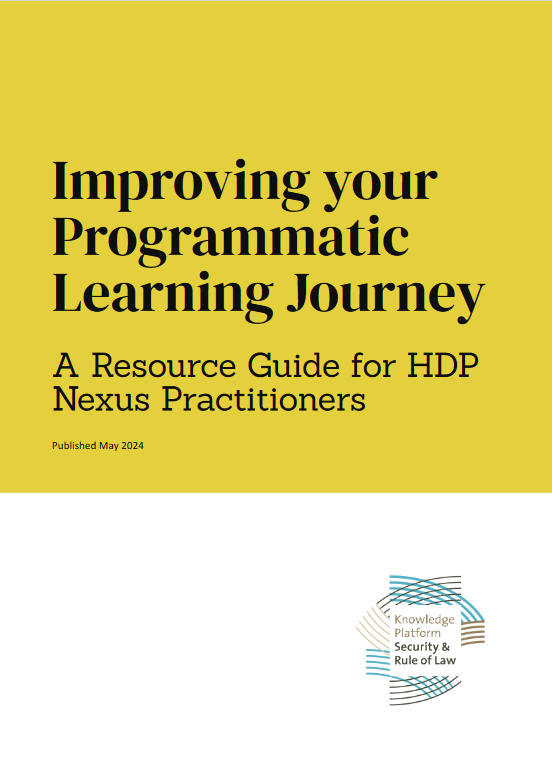
Karibu has been featured as a “case study” in a newly released research project and guide from “Knowledge Platform Security & Rule of Law” (the Netherlands) that takes a look at programmatic learning.
In particular, the case study on Karibu focused on the foundations’ co-creation efforts with participatory grantmaking as a vehicle for decolonized learning.
Based on the findings from Karibu and others, the authors of the research come with many concrete recommendations to practitioners and local partners. Not least, a strong recommendation that the relational aspects of learning cannot be underestimated. Meaningful reflection on practical experiences, challenges and dilemmas requires a degree of openness, vulnerability, and honesty.
They also note the importance of creating spaces and fostering conditions that enable genuine communication and a free flow of ideas, to enable processes of co-creation and decolonised approaches to learning to occur.
The guide aims to serve as a resource and reference tool, offering insights, strategies, and practical examples to enhance understanding and implementation of learning initiatives within the context of the “Humanitarian-development-and-peace nexus”.
You can download and view the report here.

